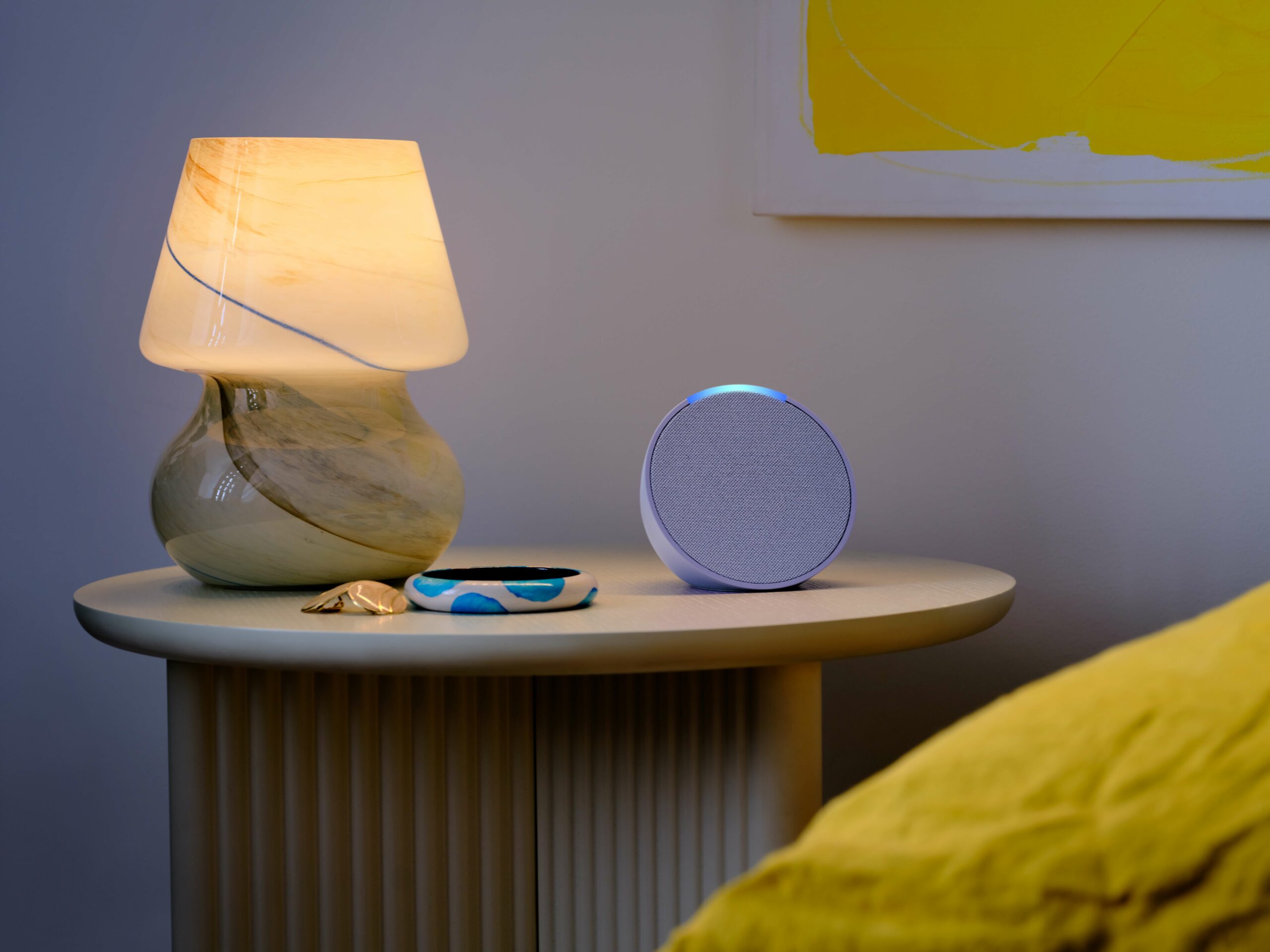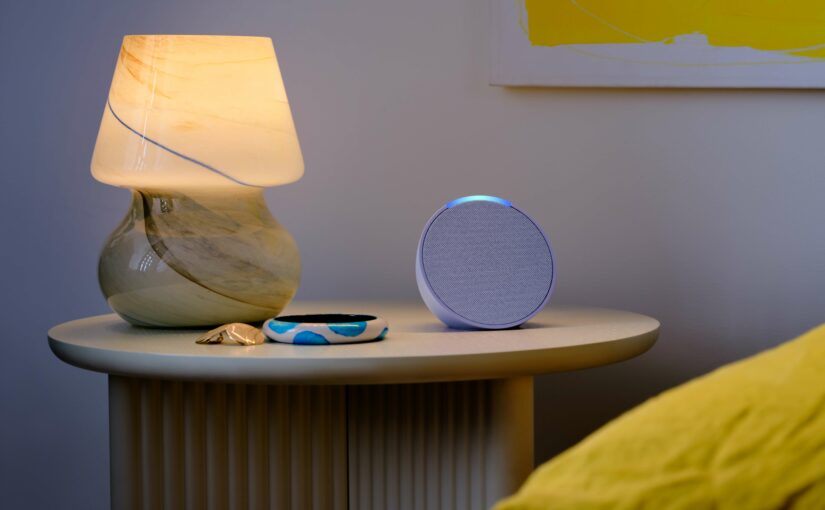We start this week’s show with a conversation about Latch, the company that is acquiring Jamie Siminoff’s stealth startup. Siminoff, who also founded Ring, left Amazon (which had acquired Ring in 2018) this week ahead of the planned deal. He will become the CEO of Latch after the deal closes. Then we discuss Google I/O and wonder why we didn’t hear more about Google Assistant, and explore what it means to bring large language models to the smart home. Surveillance is a possibility. And for residents of public housing in the U.S., surveillance is a reality as landlords use cameras and AI to evict residents for minor infractions. They are weaponizing the internet of things. Also in depressing news, we recommend you never buy Belkin Wemo gear again and toss the Wemo gear you own after poor handling of security vulnerabilities by the company. In smaller news, Infineon has purchased TinyML company Imagimob, Amazon has lost a robotics executive and launched new Echo gear, and Eve has two new products. Finally, we answer a listener question about a message users might hear from their Google devices as Google sunsets a program called Conversational Actions.

Our guest this week is Doug Roberson, the chief operating officer at Shelly. We talk about Shelly and its history, as well as the products it offers. Roberson explains Shelly’s focus on relays designed to connect outlets and light switches with sensors and other devices to manage electrical consumption in homes and businesses. He talks about how enterprises are using Shelly’s products and what consumers can do with them. He also gives us a tutorial on connecting your dryer to the internet to detect when your clothes are done. We end with an update on Matter and a sneak peek at coming Shelly products, including a water shut-off device. Enjoy the show.
Hosts: Stacey Higginbotham and Kevin Tofel
Guest: Doug Roberson, the chief operating officer at Shelly
Sponsors: Computex and Blues Wireless
- Latch has a bunch of issues. Will Siminoff solve them?
- Google Assistant was missing at Google I/O
- When smart cameras can see everything, which laws do police enforce?
- We recommend Shelly gear often, what is this company?
- Shelly’s U.S. business has an enterprise, integrator, and DIY audience
Podcast: Play in new window | Download | Embed
Subscribe: RSS


